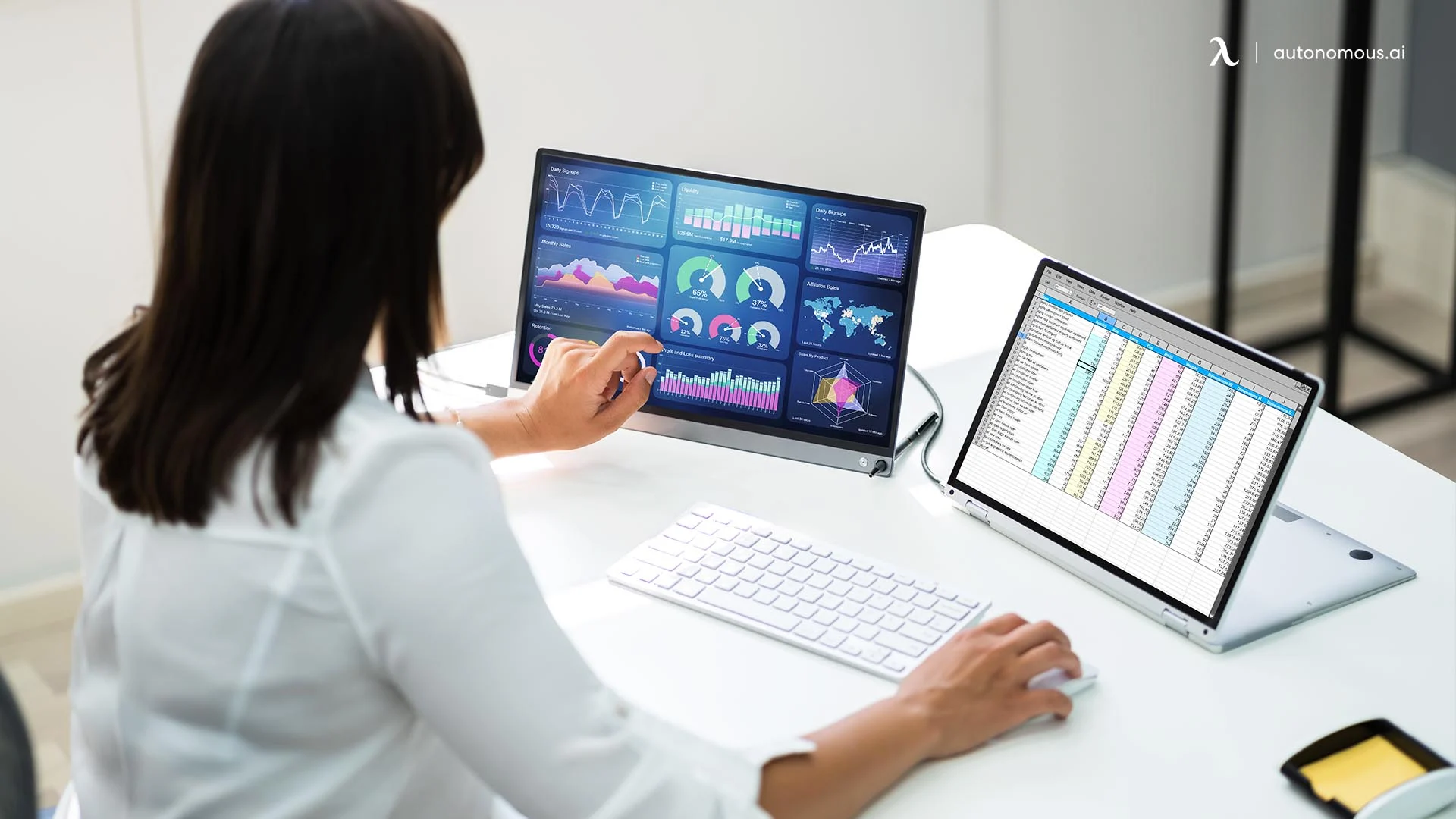Forex trading, also known as foreign exchange trading or FX trading, is the buying and selling of currencies on the foreign exchange market. It is the largest and most liquid financial market in the world, with an average daily trading volume exceeding $6 trillion. forex robot trading offers numerous opportunities for investors to profit from the fluctuations in currency prices, but it also comes with significant risks. In this article, we will explore the basics of forex trading, including how it works, the benefits and risks involved, and some tips for getting started.
How Does Forex Trading Work?
Forex trading is conducted over the counter (OTC), meaning that transactions are decentralized and take place electronically between participants around the world. The forex market is open 24 hours a day, five days a week, allowing traders to take advantage of trading opportunities at any time.
The primary participants in the forex market are commercial banks, central banks, hedge funds, multinational corporations, and individual traders. Transactions in the forex market are typically conducted in currency pairs, such as EUR/USD or USD/JPY. The first currency in the pair is known as the base currency, while the second currency is the quote currency. The exchange rate indicates how much of the quote currency is needed to purchase one unit of the base currency.
Benefits of Forex Trading
One of the main benefits of forex trading is its high liquidity, which means that traders can enter and exit positions quickly and easily without significantly impacting prices. The forex market also offers high leverage, allowing traders to control larger positions with a relatively small amount of capital. This can amplify profits, but it also increases the risk of losses.
Another advantage of forex trading is its accessibility. Unlike stock markets, which have specific trading hours, the forex market is open 24 hours a day, five days a week, allowing traders to trade at their convenience. Additionally, the forex market is global, meaning that traders can trade currencies from around the world, providing ample trading opportunities.
Risks of Forex Trading
While forex trading offers the potential for high profits, it also comes with significant risks. One of the main risks is the volatility of the forex market, which can lead to rapid and unpredictable price movements. This volatility can result in substantial losses, especially when traders use high leverage.
Another risk of forex trading is the presence of fraudulent brokers and scams. It is essential to conduct thorough research and choose a reputable broker to avoid falling victim to fraud.
Tips for Getting Started
If you are interested in getting started with forex trading, here are some tips to help you get started:
- Educate Yourself: Before you start trading, take the time to educate yourself about the forex market, including how it works, the factors that influence currency prices, and the different trading strategies.
- Choose a Reputable Broker: Selecting a reputable broker is crucial for success in forex trading. Look for a broker that is regulated by a reputable financial authority and has a track record of providing reliable services.
- Start Small: When you first start trading, it is advisable to start with a small amount of capital and gradually increase your trading size as you gain experience and confidence.
- Use Stop-Loss Orders: To manage risk, consider using stop-loss orders to automatically exit a trade if the market moves against you.
- Keep Learning: The forex market is constantly evolving, so it is essential to continue learning and adapting your trading strategies to stay ahead of the curve.
In conclusion, forex trading offers significant opportunities for profit, but it also comes with significant risks. By educating yourself, choosing a reputable broker, and employing sound risk management strategies, you can increase your chances of success in the forex market.


